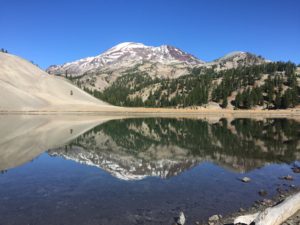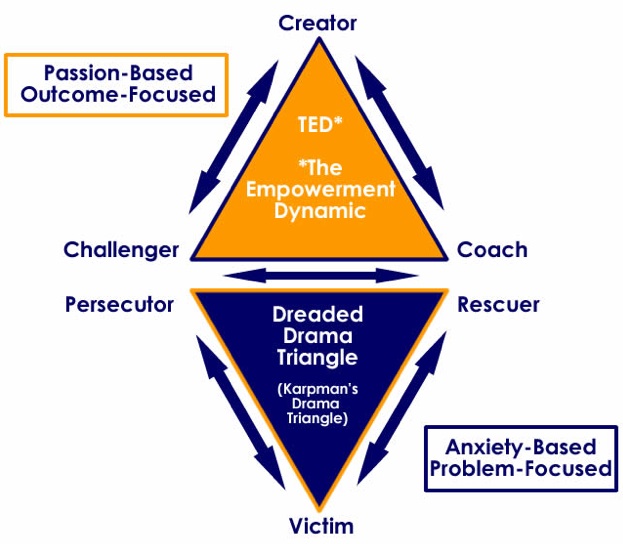
(Salty language warning)
Friends, my life is really hard right now. People are doing things that are bugging the living crap out of me.
I’m not talking about the political landscape or COVID or global climate change.
What’s really bugging me right now is the people across the street who have left their porch lights on two nights in a row and they’re really bright, shining into our bedroom, and the assholes aren’t even home. They’re never home. They won’t be home for weeks.
And it’s the jerks pitching their tents where they’re not supposed to at my favorite mountain lake.
And it’s the shitheads across the lake making so damn much noise. I come up here for silence and solitude. And then one dude decides to skin off his clothes and go for a swim buck naked, and so of course he has to holler to the others that his penis has shrunk (not the words he actually used.). Because the water is cold. In October. At 6,000 feet in the mountains. And these aren’t kids. These are men and women in their 60s. Oh my effing god.
There I sit, feet in the lakeside gravel, maroon snow-striped mountain looming over me, fuming, aware that when I get home those fucking porch lights will still be on. And they were. They still are.
I can’t seem to help it. I have a sensitive nervous system. The lights and the noise don’t deeply piss off most people like they do me, if my spouse is any indication.
So, what’s a girl to do? The world isn’t showing signs of accommodating my sensitivity any time soon.
I, swear to god, asked myself what the Buddha would do, and then I used the tools I have at my disposal. Two tools in particular have been helpful: thoughts cause feelings, and the Karpman drama triangle.
I know that it’s my thoughts causing me to suffer. (See this post for more.) I was already changing my actions by not yelling at the (probably Californians) to shut the fuck up, not unscrewing those damn lightbulbs (jury’s still out on that one), and not telling the fisherman his goddamn tent was where it wasn’t supposed to be (I’m guessing he knew). So I needed to look at my thoughts to find relief. When I did, I heard myself say things like “I hate my sensitivity.” “I wish I could be okay with this shit, like other people.” “People should be more considerate.” “People shouldn’t fuck with my peace.”
All these thoughts are victim thoughts. My frustration and outward focus, my helplessness and lack of options, all indicate that I was stuck in Karpman’s drama triangle, playing the victim role extremely well. I’m not sure how to get into the creator’s place of empowerment yet, and just noticing where I was stuck helped so much. Because it’s not going to get any easier. And giving external people and circumstances power isn’t going to help me find peace.
I feel a little better. A little more stable. A little less like I’ll flip out and hurt someone. I don’t want to overstate the state of my enlightenment. All I’m saying is that the tools are helping.
The world is our field of practice. These times are what we’ve been doing our spiritual strength-training for.
(I lifted my title from this On Being interview: Krista Tippett talks with Rev. angel Kyodo Williams. And the idea that these times are what we’ve been practicing for comes from Liz Gilbert.)
Photo credit: Barb Morris (15 October 2020)

